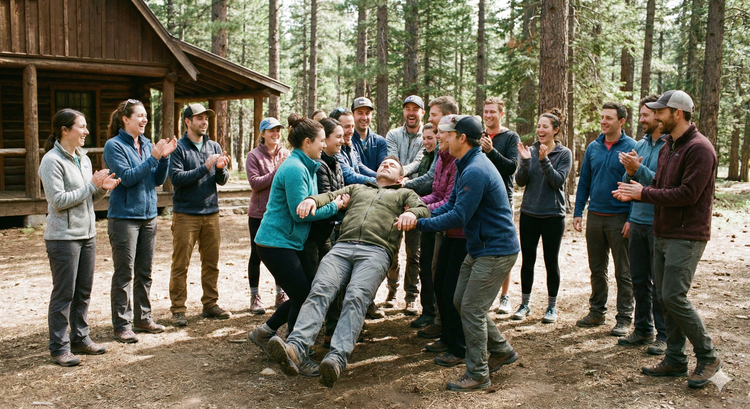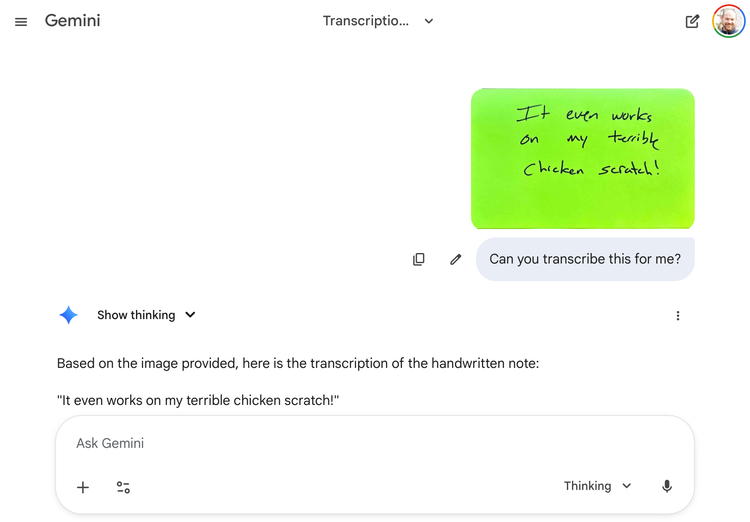Dan explains Bartz v. Anthropic

Dan Cohen has an excellent explainer on the recent settlement in Bartz v. Anthropic, a landmark lawsuit for questions about AI and copyright. You should read Dan’s post in its entirety, but here are my three big takeaways.
- As in any settlement, it’s a mixed result. There’s some good and bad news for authors, and some good and bad news for the AI companies. The good news for authors is that the court has affirmed that they should be compensated for Anthropic’s use of their works. The settlement says that the way Anthropic acquired the works—basically just taking them off the Internet, often from its darkest corners, without paying anything—was a violation of copyright. Anthropic will have to pay an estimated $1.5 billion to authors for this theft. That’s a lot of money, but because the class is so large, the monetary payout from the settlement for most authors will be small. The lawyers on the other hand will make a mint.
- The good news for the AI companies is that the settlement says that, although Anthropic improperly acquired the works, its mining of them constitutes fair use because it meets the “transformative use” standard. This should allow AI companies to continue to be able to train their models on copyrighted content as long as they acquire it legally in the first place. Moreover, at a time when the big AI companies are making annual capital investments in the hundreds of billions of dollars, a $1.5 billion settlement is actually a pretty minor cost of doing business—albeit one that will favor incumbents, and stymie smaller startups, in the AI industry.
- Ultimately, however, Dan argues that it’s not necessarily money that most authors want. What most authors, especially academic authors, want is recognition. On the one hand, in that regard, the settlement is a good start: a formal recognition by Anthropic that authors’ words are worth something. On the other hand, Dan posits that AI companies could do a lot more to recognize authors, including providing visible credit (i.e. citations) and other markers within results to encourage users actually to read the books themselves.
Head over to Humane Ingenuity, Dan’s newsletter for the full article, and, if you’re interested in issues of authorship, technology, copyright, cultural access, and scholarly communication, subscribe.






Member discussion